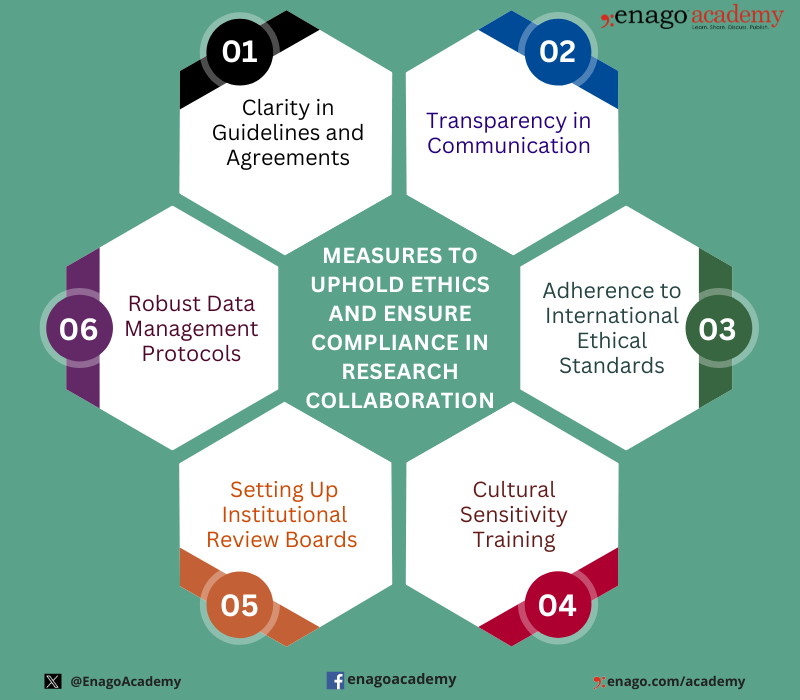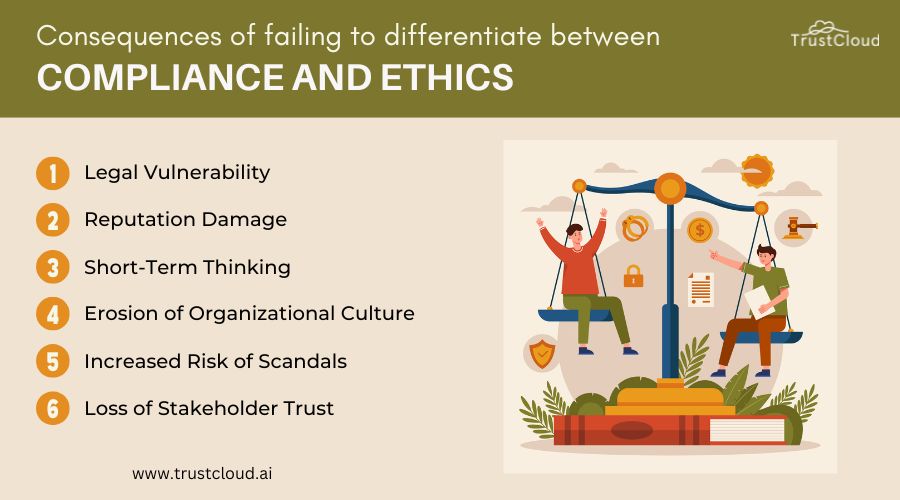OCEG (Open Compliance and Ethics Group)
Related Content
(2025-08-08T11:42.986Z)
Perplexity Query
(2025-08-08T11:42
.986Z)
Question:
Write a comprehensive one-page article about "Open Compliance and Ethics Group".
Structure the article as follows:
- Introduction (2-3 sentences)
- Define the term and its significance
- Provide context for why it matters
- Main Content (3-4 paragraphs)
- Explain the concept in detail
- Include practical examples and use cases
- Discuss benefits and potential applications
- Address any challenges or considerations
- Current State and Trends (1-2 paragraphs)
- Discuss current adoption and market status
- Mention key players or technologies
- Highlight recent developments
- Future Outlook (1 paragraph)
- Predict future developments
- Discuss potential impact
- Conclusion (1-2 sentences)
- Summarize key points
- End with a forward-looking statement
Important Guidelines:
- Keep the total length to approximately one page (500-800 words)
- Use clear, accessible language
- Include specific examples and real-world applications
- Make it engaging and informative for a general audience
- Use markdown formatting for structure
Image References:
Include ) after the introduction.
Include after the main content section.
Include before the conclusion.
Replace "Open Compliance and Ethics Group" with the actual vocabulary term in the prompt.
Model:
sonar-pro
Response from sonar-pro:
The Open Compliance and Ethics Group (OCEG) is a pioneering non-profit organization dedicated to helping businesses and institutions integrate governance, risk management, and compliance (GRC) activities in a coordinated, ethical, and effective manner[1][3][4][5]. OCEG’s thought leadership in GRC has shaped how organizations approach principled performance—the ability to reliably achieve objectives while managing uncertainty and acting with integrity[1][2][4].

OCEG was founded in 2002 at a time when corporate scandals and regulatory failures had shaken public trust in business practices[3][5]. Its creation responded to the need for a holistic, structured approach to governance, risk management, and compliance, moving beyond the siloed, checkbox-oriented compliance activities that often failed to prevent major risks or ethical breaches[1][3][4]. OCEG introduced and popularized the term “GRC,” now a global standard for organizations seeking to align business activities with ethical conduct, transparent operations, and regulatory expectations[1][2][4].
At its core, the OCEG GRC framework integrates three key disciplines:
- Governance refers to setting ethical policies, providing oversight, and ensuring accountability across the organization[2][4].
- Risk Management involves identifying, assessing, and mitigating threats to organizational objectives, including financial, operational, legal, and reputational risks[2][5].
- Compliance mandates adhering to laws, regulations, internal codes of conduct, and industry standards[2][4][5].
For example, a financial institution guided by OCEG’s GRC model might establish transparent decision-making and reporting structures, regularly assess risks associated with new digital banking products, and enact robust anti-money laundering controls in response to shifting regulations[1][4]. Healthcare organizations use OCEG’s guidance to comply with patient privacy laws, manage clinical risks, and foster ethical cultures that protect patient safety.
Practical benefits of OCEG’s approach include:
- Improved organizational resilience through the anticipation of and response to risks[1][2][4].
- Enhanced stakeholder trust by promoting transparency and demonstrating a commitment to ethics and compliance.
- Operational efficiency as overlapping controls and audits are streamlined into integrated processes.
- Better decision-making supported by real-time data on risk, compliance, and governance issues[4].
However, challenges to adopting the OCEG GRC approach can include organizational resistance to change, complexity of aligning diverse systems, and the need to invest in technologies and staff training to manage data and processes holistically[2][5].

Today, OCEG membership includes professionals from all sectors and organizational sizes—businesses, nonprofits, and government agencies—leveraging its resources for education, certification, and benchmarking[3][1][4]. The GRC Capability Model, also known as the Red Book, remains an influential “open source” guide for designing integrated GRC systems[4]. Key market trends include growing adoption in response to expanding regulatory requirements, high-profile data breaches, and increased stakeholder demands for transparency[2][5].
Major technology vendors and consulting firms have developed GRC software solutions aligned with OCEG principles, helping organizations automate and coordinate risk assessment, audit management, and compliance workflows[4]. Recent OCEG initiatives have addressed topics such as digital transformation, ESG (environmental, social, governance) integration, and advanced analytics for risk sensing[2][3].
[IMAGE 3: Open Compliance and Ethics Group future trends or technology visualization]
Looking forward, OCEG’s influence is set to expand as organizations operate within increasingly complex, high-risk environments. Emerging trends such as AI-driven risk analytics, integrated ESG reporting, and enterprise-wide GRC automation are likely to shape the next generation of compliance frameworks. As global standards evolve, OCEG’s collaborative, principled performance approach will play a key role in defining ethical business practices and ensuring resilience.
 By integrating governance, risk, and compliance, the OCEG empowers organizations to meet today’s challenges with integrity—preparing them for a future in which principled performance is both an ethical necessity and a strategic advantage[1][4][5].
By integrating governance, risk, and compliance, the OCEG empowers organizations to meet today’s challenges with integrity—preparing them for a future in which principled performance is both an ethical necessity and a strategic advantage[1][4][5].
 By integrating governance, risk, and compliance, the OCEG empowers organizations to meet today’s challenges with integrity—preparing them for a future in which principled performance is both an ethical necessity and a strategic advantage[1][4][5].
By integrating governance, risk, and compliance, the OCEG empowers organizations to meet today’s challenges with integrity—preparing them for a future in which principled performance is both an ethical necessity and a strategic advantage[1][4][5].Citations
[1]: 2025, Jun 16. What is GRC (Governance, Risk, and Compliance)? - OCEG. Published: 2024-08-01 | Updated: 2025-06-16
[2]: 2025, Aug 07. What is GRC: A Guide to Leveraging GRC for Effective ESG Strategy. Published: 2024-04-26 | Updated: 2025-08-07
[3]: 2024, Jul 18. Governance, Risk Management, and Compliance: OCEG and the .... Published: 2016-03-16 | Updated: 2024-07-18
[4]: 2024, Dec 29. What Is GRC? Governance, Risk, and Compliance Explained. Published: 2024-12-24 | Updated: 2024-12-29
[5]: 2025, Feb 11. What is Governance Risk and Compliance (GRC)? A Definitive Guide. Published: 2025-01-01 | Updated: 2025-02-11